‘It’s a Wonderful Knife’ is the Gay Holiday Slasher Movie You Need
"I love Christmas horror movies," says Michael Kennedy, the film's gay writer and producer.

“I love Christmas movies. I love horror movies. And I love Christmas horror movies,” says Michael Kennedy, the screenwriter of It’s a Wonderful Knife. Kennedy’s debut effort, 2020’s Freaky, a robustly entertaining riff on body swap films, co-written with Christopher Landon, was met with both critical and audience acclaim. But what to do for a follow-up?
“I thought, ‘There haven’t been a ton of Christmas horror movies. That’s what I want to tackle next,'” says the 43-year-old Ohio native, before we’re briefly and adorably interrupted on Zoom by his dog, Bandit. “I thought, ‘What if I took a Christmas classic and turned it into a slasher movie?’ And It’s A Wonderful Life immediately came to mind.”
The beloved 1946 Frank Capra chestnut concerns George Bailey (Jimmy Stewart), a despondent businessman who, on Christmas Eve, decides the world would be better off without him. His suicide is stopped by an angel who shows him what life in his small town would have been like had he never existed. The results aren’t reassuring.
“As an adult, you realize how fucking dark that movie really is,” says Kennedy, “and how scary, at times, it can actually be. There is a horror element to it in the last 30 minutes. So I sat down and started creating my own narrative, and was like, ‘I have a really genuine way to tell a heartfelt Christmas movie through the lens of a horror movie.'”
Directed by Tyler MacIntyre, the resulting film cleaves faithfully to the original’s basic premise, with a few shrewd twists to give it a bloody razor’s edge. It’s a Wonderful Knife, which also winks to Back to the Future Part II, is ultimately less terrifying than it is profound, tapping into familiar horror-comedy tropes while wrapping them in a tale abundant with heart, self-discovery, and philosophical richness.
It’s also drenched in queer sensibilities — not surprising since Kennedy is a gay man.
“This was a movie where I also produced for the first time, so I had a role in decision-making,” he says. “And because of that, I was then able to go, ‘And by the way, this is probably going to be the gayest slasher movie you’ve ever seen.’ I realized that I was able to not only have an abundance of queer characters, I was able to have an abundance of different kinds of queer characters.”
Kennedy likens the experience of horror movie heroines — including Knife‘s Winnie Carruthers (forcefully portrayed by Jane Widdop), whose inability to shed her grief over losing her best friend to a white-frocked killer known as The Angel creates a disconnect with her family — to his own teenage years.
“There was a low point in my life when I was bullied at school and couldn’t speak to my parents about what was going on in my life, and I felt really isolated,” Kennedy recalls. “And watching Laurie Strode [from Halloween] or Nancy Thompson from Nightmare on Elm Street fight and win was really the only time I felt — quote, unquote — normal. It felt like the only people who understood what I was going through were these fictional characters.
“I was obsessed with them and really am drawn to them, and that’s why my movies have these emotional tracks,” he continues. “Ultimately it’s not so much about a serial killer, it’s about what the main character is coming to terms with…. It’s about identity.”
Kennedy addresses the recent trend in horror films toward a lighter approach, one that emphasizes fun, loopy rollercoaster thrills over sheer, unadulterated terror. In addition to It’s a Wonderful Knife and Freaky, recent examples include Totally Killer and Five Nights at Freddy’s.
“There are so many different kinds of horror than we were used to in the past,” he says. “For a few years, you’d only get certain sub-genres. In the nineties, you got a glut of teen slasher movies. And in the early eighties, you got a glut of really gory slasher movies. And then in the 2000s, you had torture porn.
“But I think this is the first time in history where you’re getting various kinds of horror movies at the same time. There are several trends going on. You have your terrifying A24 horror movies, but then you also have your high-concept comedies wrapped in a slasher package. So I don’t know if it’s getting less scary, I think we just have more fun options.
“I think also, quite frankly, there probably is an element of it’s getting harder to scare people because life itself is so scary,” he concludes. “We just got past a really dark time — we’re still going through dark times — but I think post-COVID and post-Trump, people are ready to laugh again. So that’s why you’re seeing more lighthearted horror fare, which I personally think is only going to happen for another year or two before it turns the corner into something darker.”
It’s a Wonderful Knife is playing in theaters nationwide. It will stream exclusively on Shudder at a later date. Visit www.fandango.com or www.shudder.com.
Support Metro Weekly’s Journalism
These are challenging times for news organizations. And yet it’s crucial we stay active and provide vital resources and information to both our local readers and the world. So won’t you please take a moment and consider supporting Metro Weekly with a membership? For as little as $5 a month, you can help ensure Metro Weekly magazine and MetroWeekly.com remain free, viable resources as we provide the best, most diverse, culturally-resonant LGBTQ coverage in both the D.C. region and around the world. Memberships come with exclusive perks and discounts, your own personal digital delivery of each week’s magazine (and an archive), access to our Member's Lounge when it launches this fall, and exclusive members-only items like Metro Weekly Membership Mugs and Tote Bags! Check out all our membership levels here and please join us today!








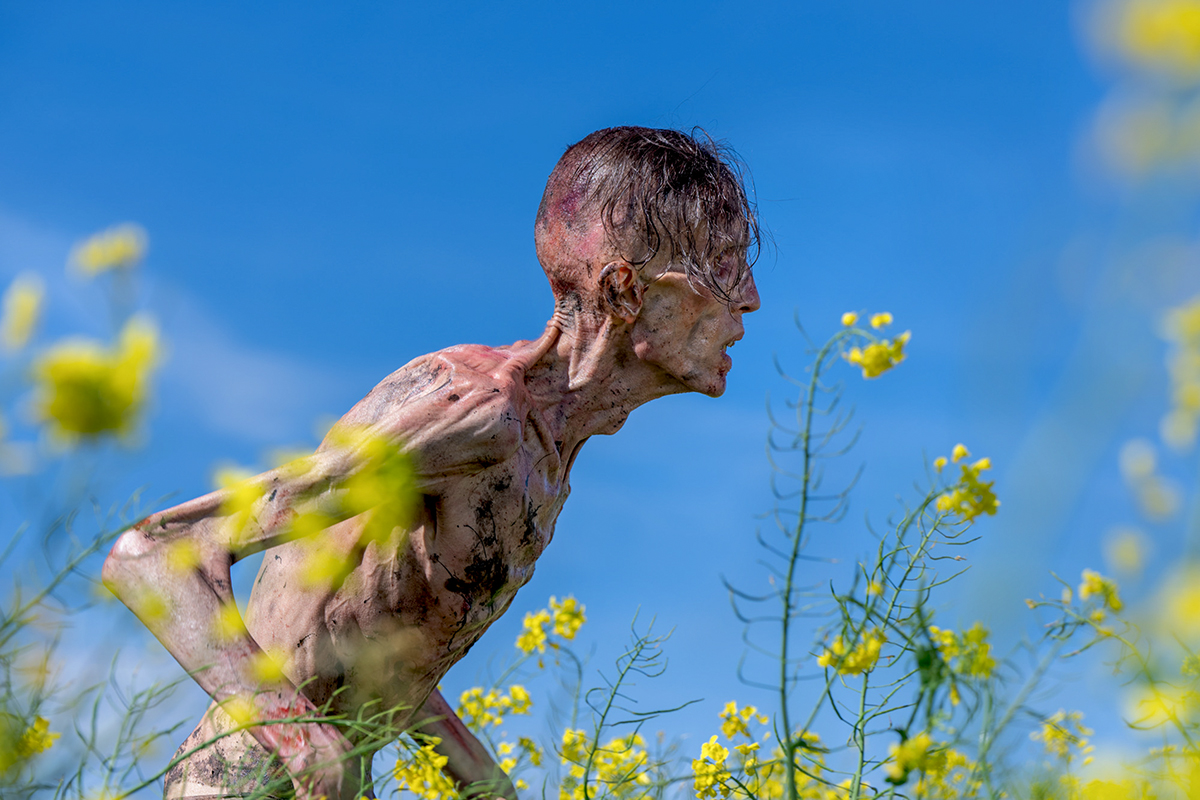














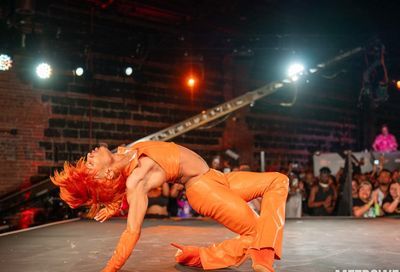
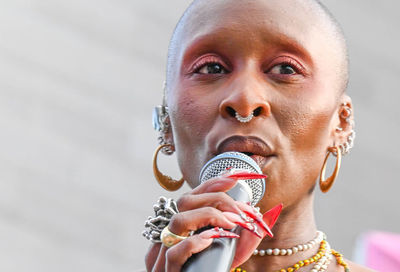
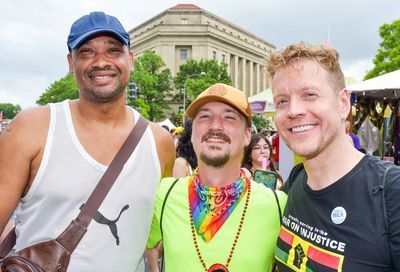
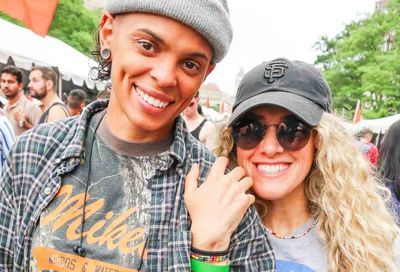
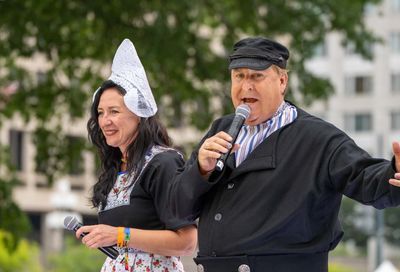

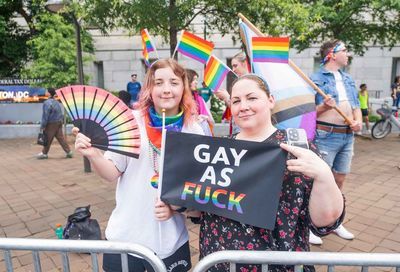



You must be logged in to post a comment.